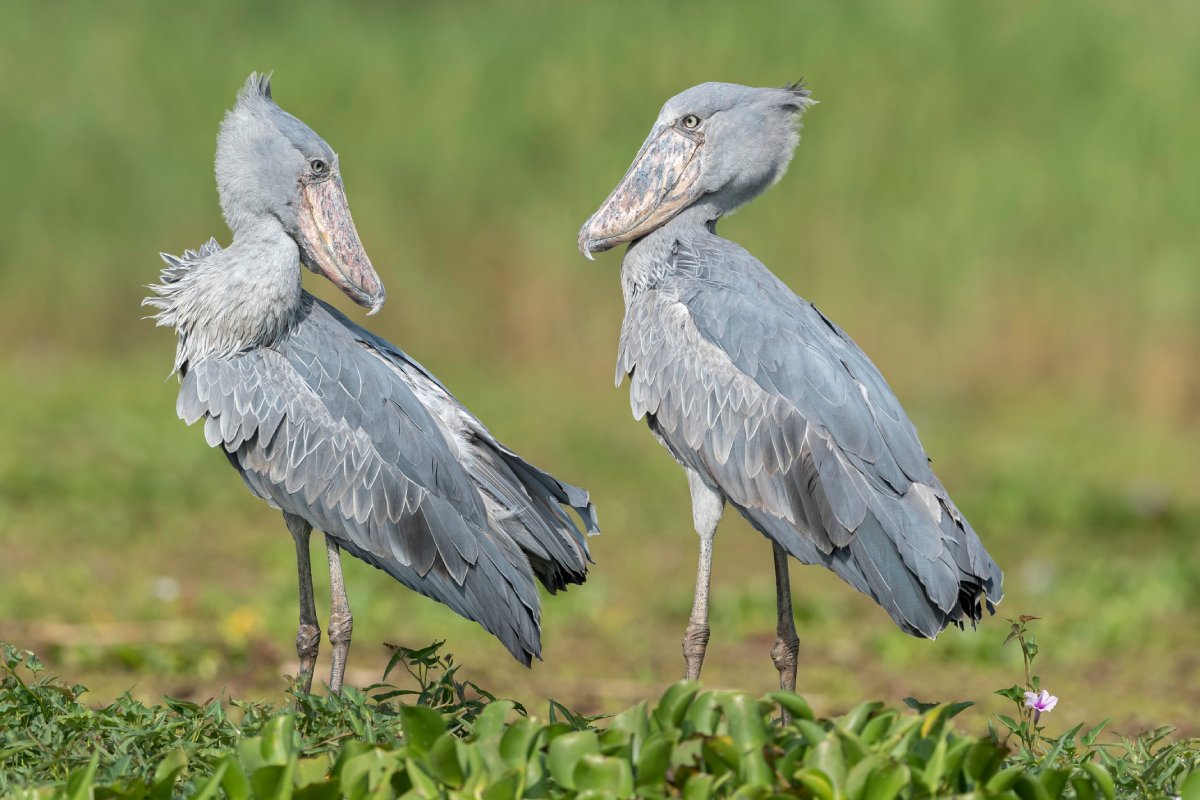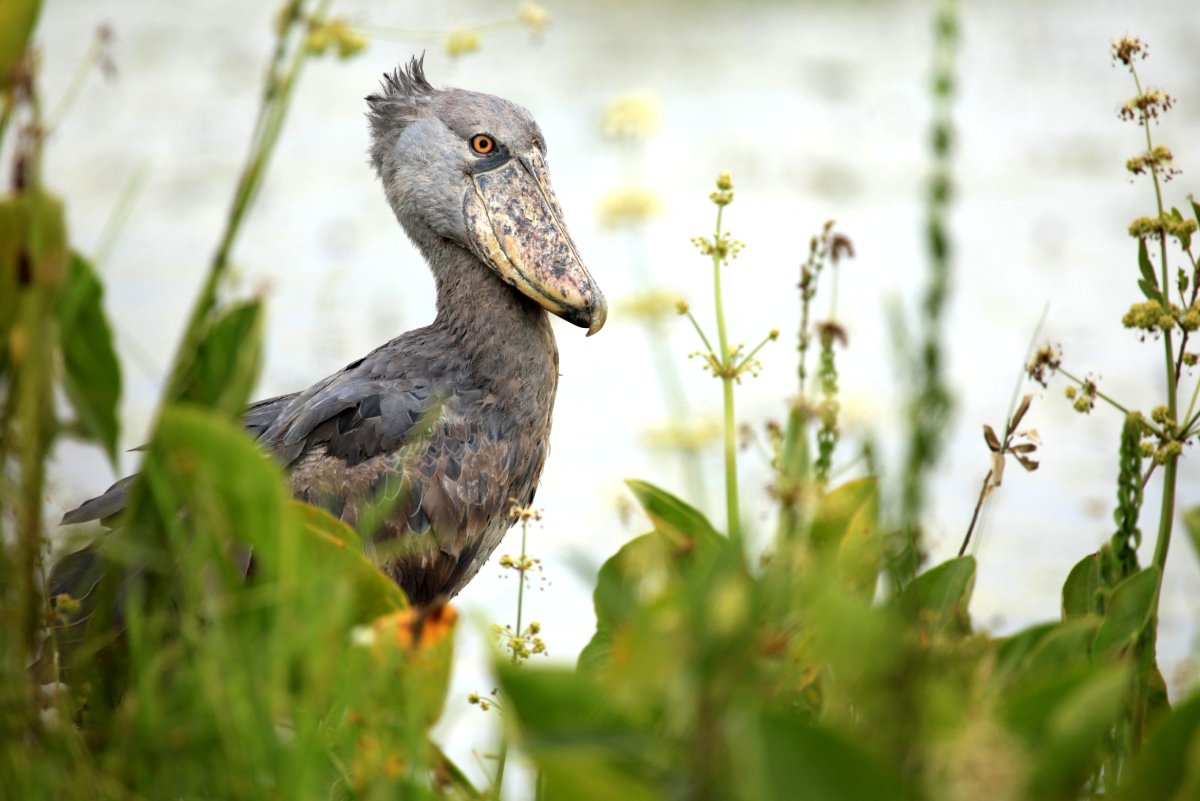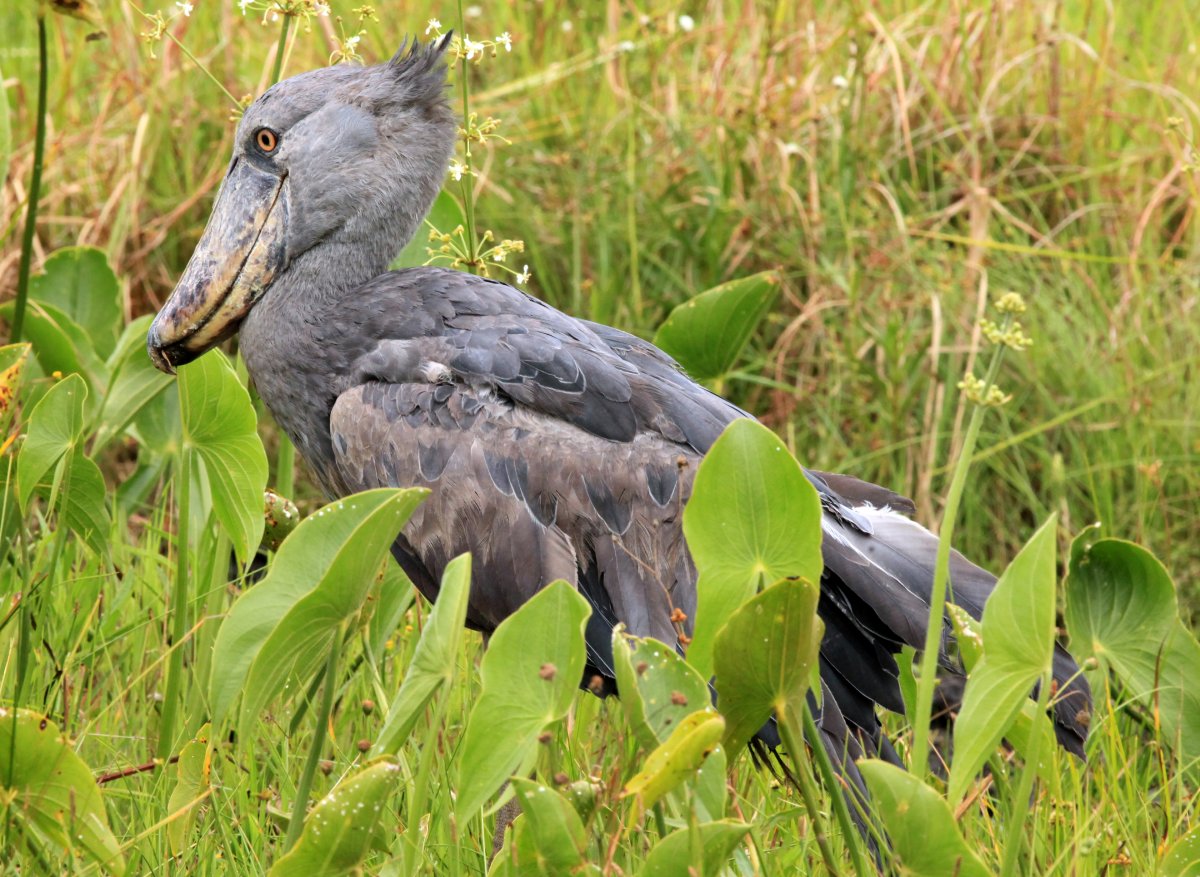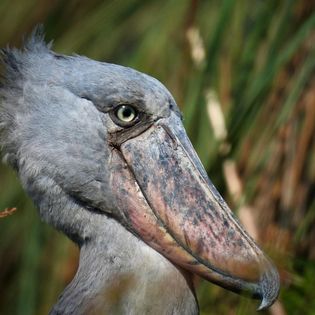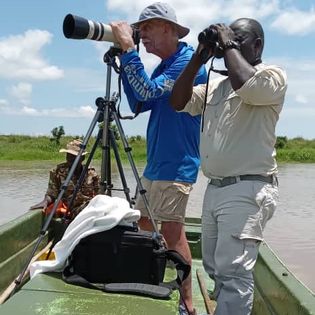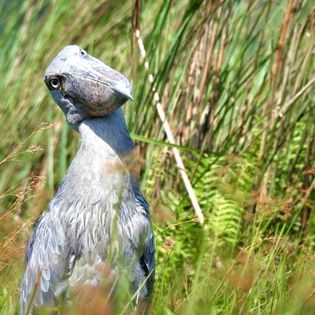
FRIENDS OF SAVE SHOEBILL
How You Can Help
There are only 3,300 to 5,300 shoebill storks left in the world, and the number is decreasing. Donate now to support their conservation or shop in our store.
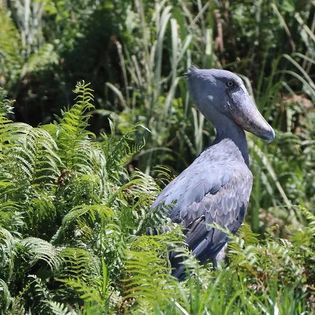
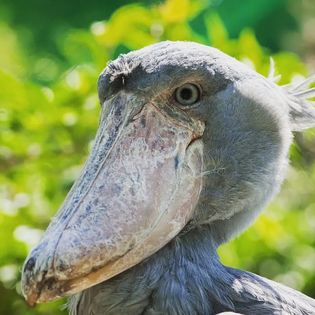
EXECUTIVE SUMMARY
Save Shoebill conservation project (SSCP)
Save Shoebill conservation project (SSCP) in Murchison falls national park. It is a conservation project aimed at building mindful community about shoebill importance, value and conserve its habitat together with all other birds, cantered in Mubako, Murchison Falls National Park, Ngwedo, Buliisa District Midwestern region of Uganda. It was Started & formed by a team of dedicated ornithologists involved in various Environmental conservation activities around Murchison falls national park, a key biodiversity area in Uganda with the overall goal of excelling in nature protection and creating opportunities for sustainable lives.
We strive to ensure a sustainable future for shoebills and other wildlife species
Save the Shoebill is dedicated to conserving the iconic shoebill stork and its wetland habitats through funding locally led projects and promoting community involvement.

VISION
To have an engaged and mindful local and global community that cares about shoebill storks, that values and conserves their habitats, that supports adjacent communities, and preserves biodiversity.

MISSION
To have a healthy shoebill population, monitor, research and conserve its habitat, save wetlands, and support biodiversity and local communities.

OBJECTIVES
To measure and sustain the shoebill population and to educate and support local communities that can directly impact shoebill conservation efforts.
Kenneth Tumusiime Founder SSCP at the Dam Chobe Safari Lodge in Murchison Falls National Park
What Our Partners Say:
"Save the Shoebill's dedication to protecting these magnificent birds is truly inspiring. Their work gives me hope for the future of endangered species."
Sarah H.
Conservation Enthusiast
"I support Save the Shoebill because their efforts to conserve shoebills and their habitats are crucial for the survival of these iconic creatures."
John M.
Wildlife Photographer
"Save the Shoebill's educational resources and commitment to community involvement resonate with me deeply. They inspire the next generation to protect our planet's biodiversity."
Emily R.
Nature Lover and Educator
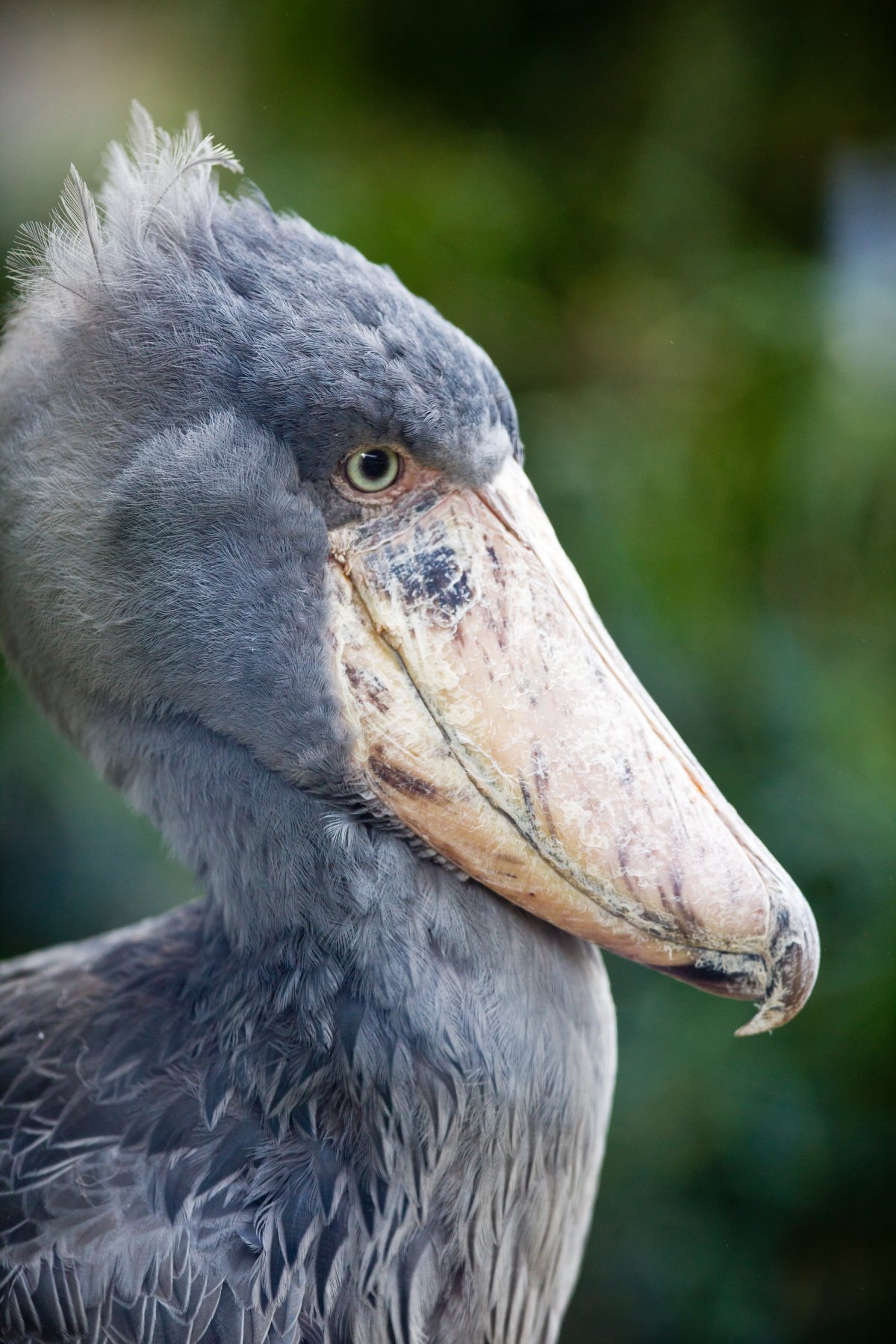
Got Questions?
Explore our FAQs
Shoebill storks are endangered primarily due to habitat loss and degradation caused by human activities such as deforestation, wetland drainage, and pollution. Additionally, they are threatened by illegal hunting and capture for the exotic pet trade.
Save the Shoebill focuses on funding locally led projects, such as the Save Shoebill Conservation Project in Uganda, which aims to raise awareness about the importance of shoebills and their habitats, conduct research, and implement conservation measures.
There are several ways to contribute to shoebill conservation efforts. You can make a donation to Save the Shoebill, which supports projects dedicated to shoebill conservation. Additionally, spreading awareness about the plight of shoebills and their habitats, reducing your carbon footprint, and supporting sustainable practices can all help protect these unique birds and their ecosystems.
Save the Shoebill provides resources on its website, including information about the projects it supports and the current status of shoebill populations. You can also follow the organization on social media platforms like Facebook and Instagram for updates and news related to shoebill conservation efforts.
Save the Shoebill values volunteer contributions to its conservation projects. While specific volunteer opportunities may vary, individuals interested in getting involved can reach out to the organization through its website or contact form to inquire about current volunteer needs and how they can contribute their skills and time to shoebill conservation efforts.
FRIENDS OF SAVE SHOEBILL
STRATEGIC PROGRAMS
Strategic programs are the Key Result Areas where the organization plans to achieve by addressing the
identified critical issues but also take advantage of the strengths within the organization and opportunities
that the environment provides to make a positive impact. This Plan has identified the following strategic
programs through which the critical issues but also other issues and challenges identified during the
situation analysis will be addressed:
1. Research and Ecological Monitoring
2. Capacity Development
3. Community Conservation and financial sustainability
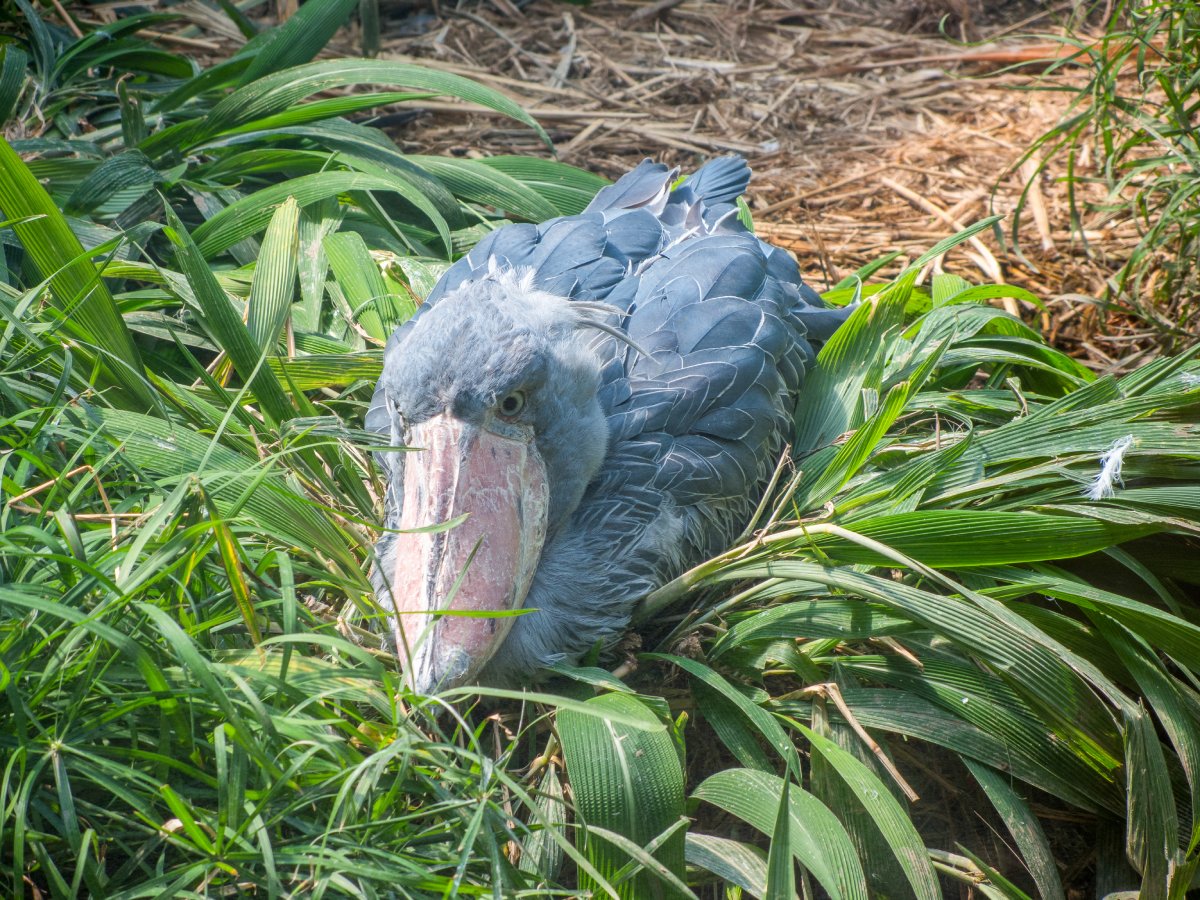
Don't miss out
Stay in the loop with the latest in sustainability and carbon credit solutions.
Subscribe to our newsletter for exclusive content, updates, and insights delivered right to your inbox. Join the community of to make a positive impact.
News and Updates
Explore articles, announcements, and industry insights that showcase our dedication to sustainability, innovation, and the ongoing fight against climate change.

